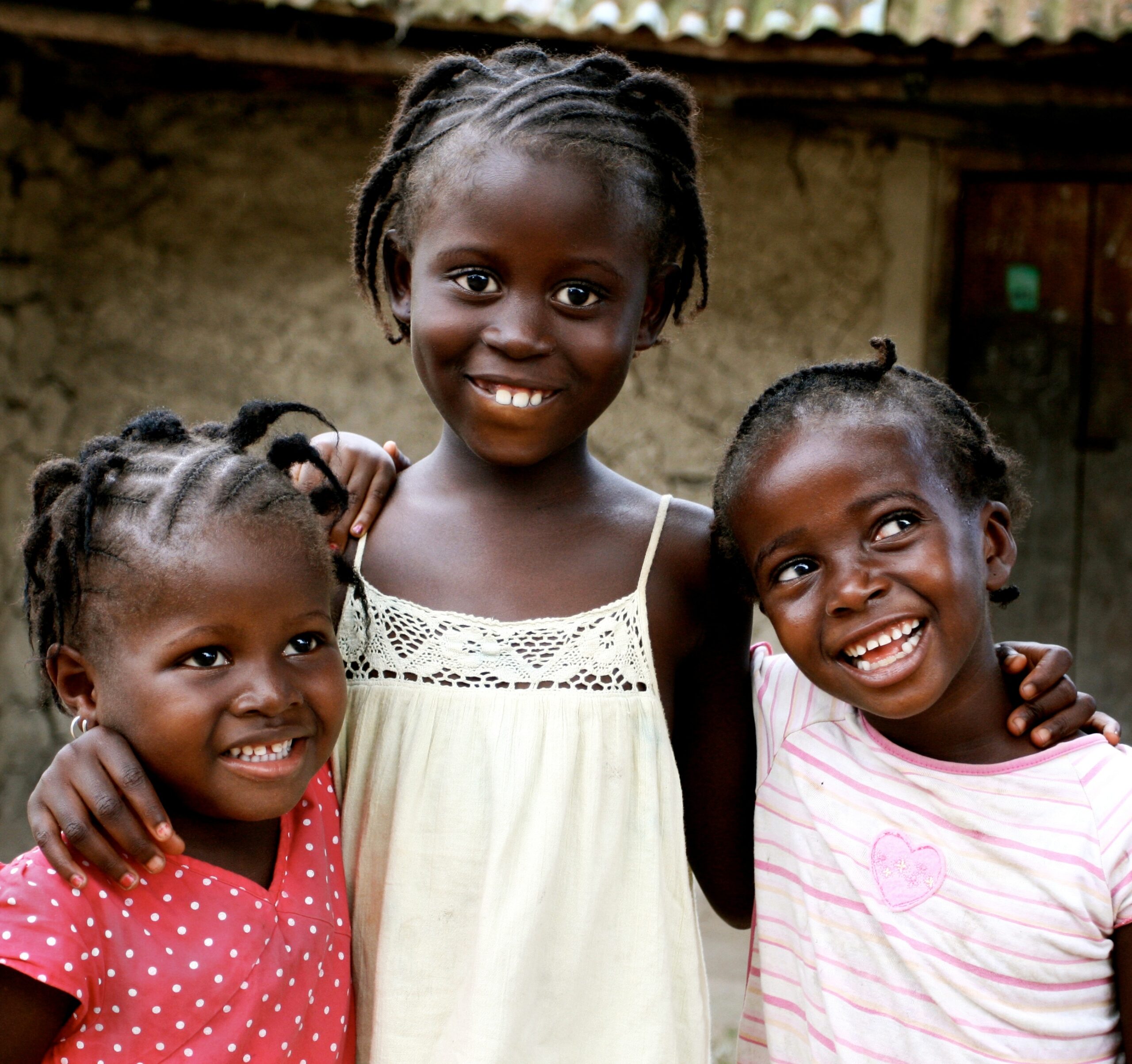World Health Day – Partnering to Achieve Universal Health Coverage
On the 75th anniversary of World Health Day, we celebrate the many achievements in public health, including the progress made toward achieving universal health coverage.

Training Healthcare Workers
One of the essential components to achieve UHC is investing in and training healthcare workers. Health workers are the backbone of our health systems, delivering quality care and ensuring access to essential services. Providing them with thorough training and good pay is crucial to building and maintaining a strong workforce that can deliver essential health services to everyone, regardless of their socioeconomic status or location.
Strengthening Disease Control and Surveillance
Disease control is another critical component of global efforts to achieve UHC. The eradication of smallpox and reduction of global polio cases by 99% are both examples of successful disease control efforts that have saved millions of lives. These achievements would not have been possible without global cooperation and the dedication of healthcare workers.
Partnering to Support UHC Efforts
Since 2019, Shot@Life has partnered with Takeda Pharmaceutical Company Limited (Takeda) to directly support UHC efforts. Through this partnership, Takeda is supporting the enhancement of disease surveillance systems and strengthening the health workforce in 14 countries throughout sub-Saharan Africa. Takeda’s 550-million-yen pledge exemplifies their collective commitment to disease prevention, capacity building, health system strengthening, and access to healthcare in developing countries.
In 2022, funding through this partnership supported national immunization and surveillance programs in Chad. The Chad Ministry of Health and WHO implemented a series of community mobilization and training activities aimed at boosting immunization rates and reporting of vaccine-preventable diseases, including polio and measles, in the country. Trainings engaged traditional healers and community members and focused on vaccines and vaccine-preventable diseases, understanding perceptions regarding immunization and the community’s role in detecting and reporting suspected cases. In Chad and elsewhere, engaging with communities and making them full partners in the health system is an essential step in expanding health coverage.
Many countries have made significant progress toward achieving UHC, but there is still work to be done. Ensuring access to essential health services for all will require a continued commitment to strengthening health systems and investing in the health workforce, including at the community level. The global health community must continue to work together to address emerging challenges and ensure that everyone has access to the services they need to live healthy and fulfilling lives.
